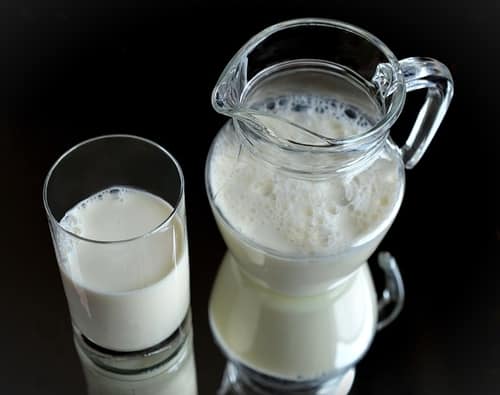Cow’s milk has long been a staple in many households around the globe. But is it right for everyone? Like any other beverage, it comes with both benefits and potential drawbacks.
The Benefits
1. Nutritional Richness
Full of important nutrients, cow’s milk offers considerable health benefits:
- Protein: Cow’s milk is a high-quality source of protein, which helps in tissue repair and muscle growth.
- Calcium: This vital mineral present in cow’s milk promotes bone health and may reduce the risk of osteoporosis.
- Vitamins: It is an excellent source of vitamins A, D, B2 (riboflavin), B12, contributing to the healthy functioning of the immune system.
2. Enhanced Physical Performance
For athletes or those engaging in regular physical activity, cow’s milk can play an integral role in post-exercise muscle recovery.
| Benefits | Details |
|---|---|
| Protein | Assists in repairing damaged tissues |
| Carbohydrates | Provides essential energy |
3. Potential Obesity Prevention
Cow’s milk may help control weight. Skim or low-fat milk provides fewer calories while still offering all the essential nutrients.
The Drawbacks
However, it’s not all positive when it comes to cow’s milk. Several potential downsides merit attention.
1. Lactose Intolerance
This is perhaps the most common issue associated with cow’s milk consumption. Lactose intolerance means your body cannot fully digest lactose (milk sugar), leading to digestive issues like bloating and diarrhea after consuming dairy products.
2. Allergic Reactions
Some people are genuinely allergic to proteins found in cow’s milk —like casein or whey—causing symptoms ranging from skin rashes to severe homeostasis imbalance.
3. Potential Link to Certain Health Conditions
Some studies suggest high consumption of dairy could increase the risk for certain cancers, although further research is needed.
Nutrition Facts for Cow’s Milk
When it comes to nutrition, cow’s milk is often considered a nutrient-rich beverage. Packed with essential vitamins, minerals, and proteins, it plays a pivotal role in our overall health. Let’s take a closer look at the nutrition facts of cow’s milk.
The table below provides a breakdown of the nutritional components found in one cup (244 grams) of whole cow’s milk:
| Nutrient | Amount |
|---|---|
| Calories | 146 |
| Total Fat | 8 grams |
| Saturated Fat | 4.6 grams |
| Cholesterol | 24 milligrams |
| Sodium | 106 milligrams |
| Carbohydrates | 11.7 grams |
| Sugars | 12.3 grams |
| Protein | 8 grams |
| Calcium | 276 milligrams |
| Vitamin D | 121 international units (IU) |
In conclusion, while cow’s milk offers several health benefits due to its nutrient profile, those with allergies or lactose intolerance should seek alternatives such as soy or almond milk. Always remember that moderation is key no matter which beverage you choose!









